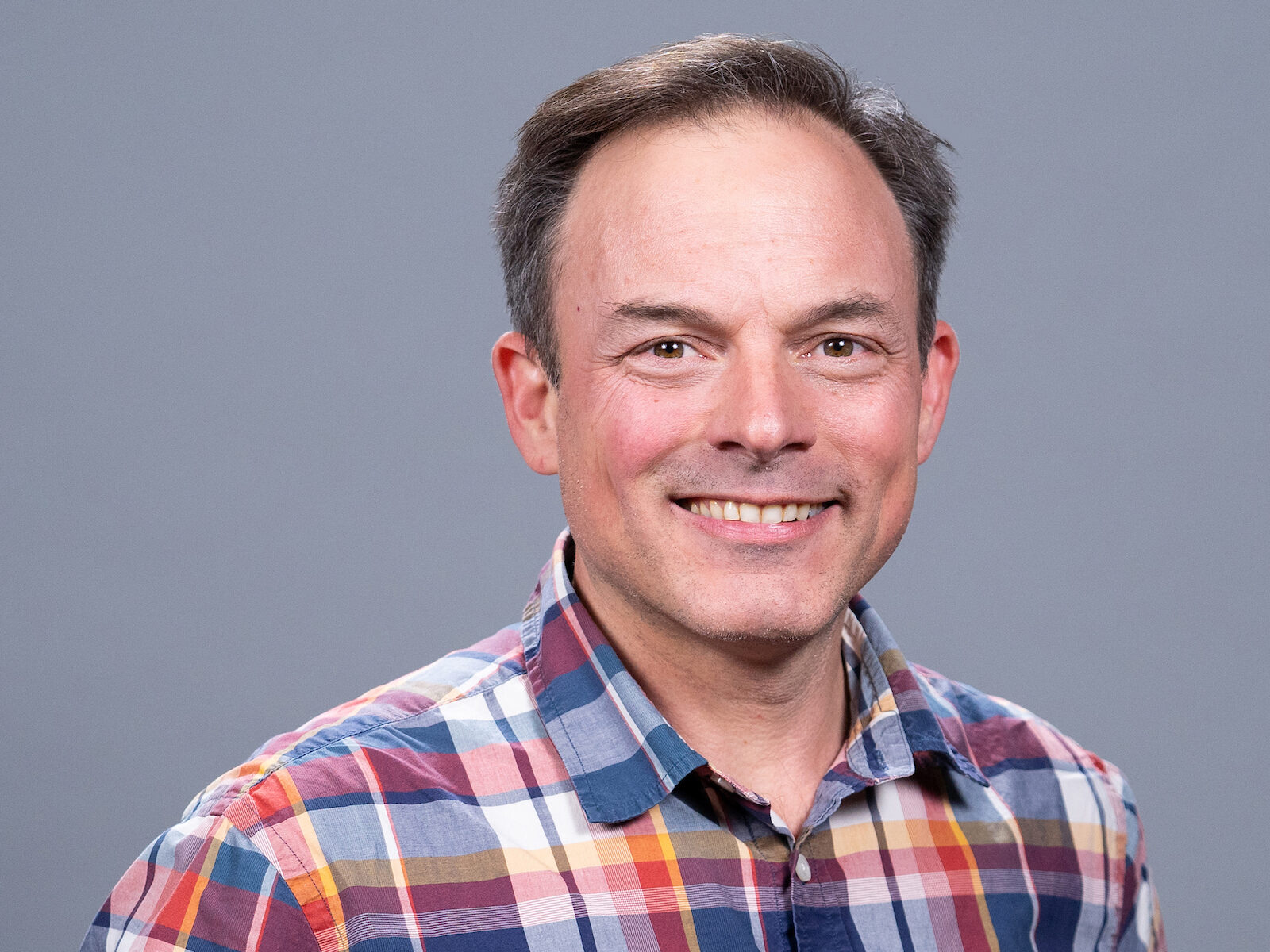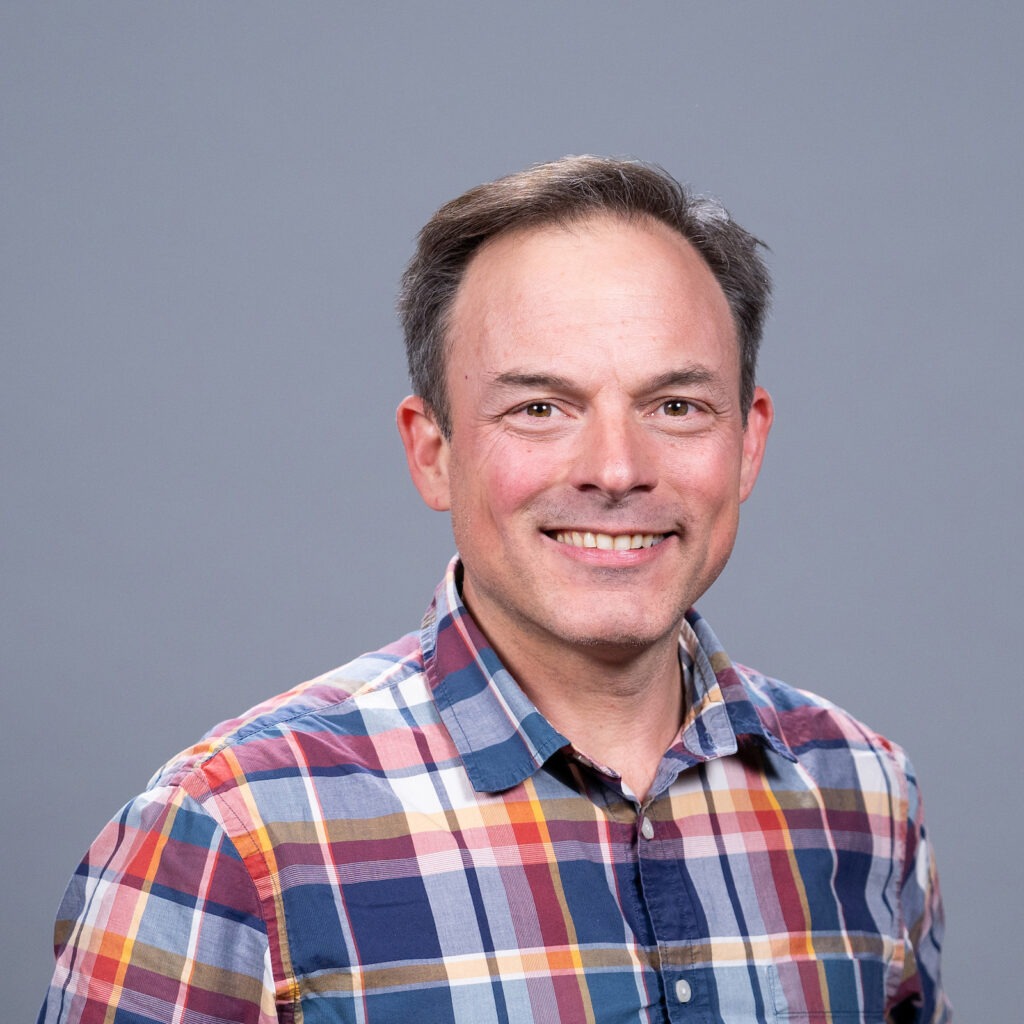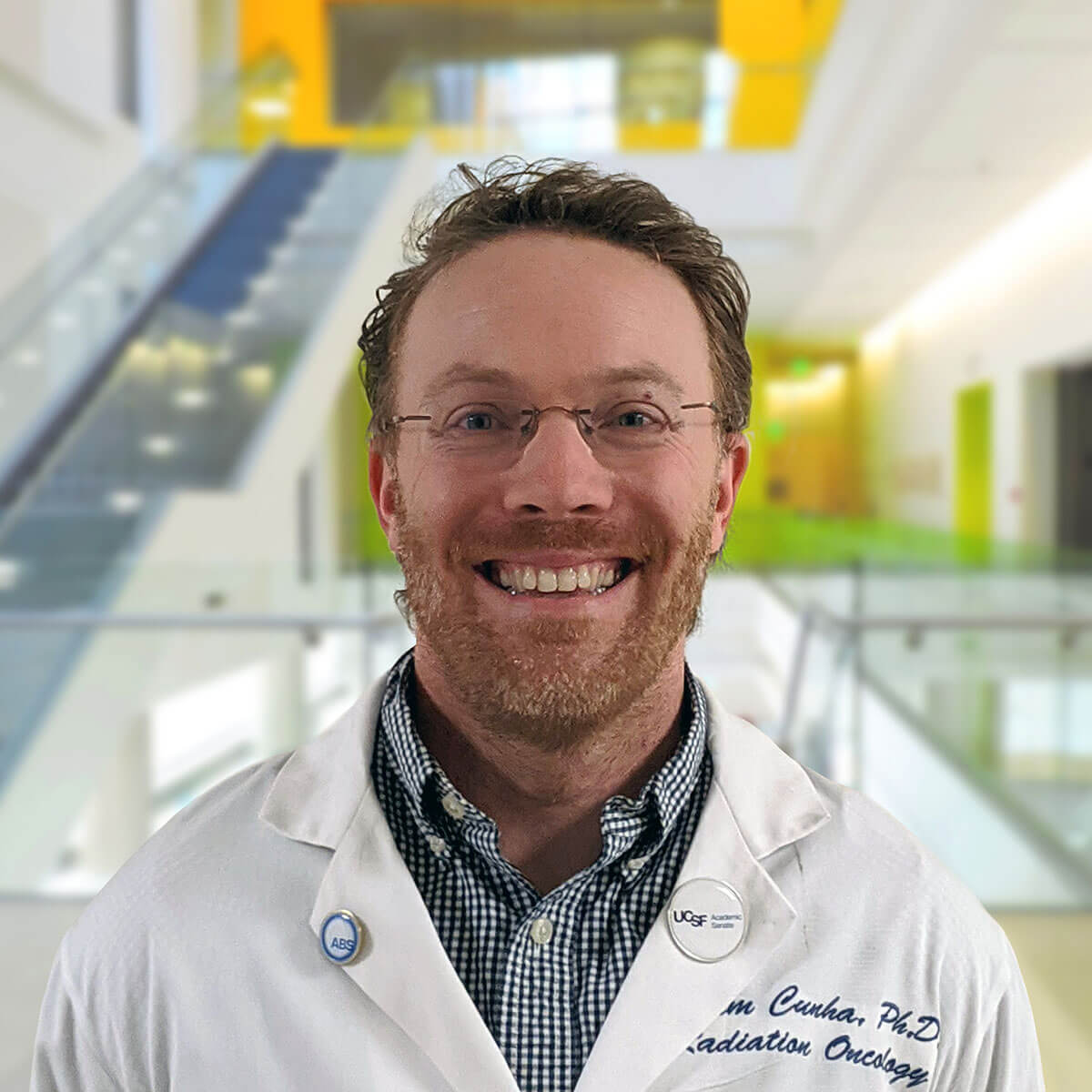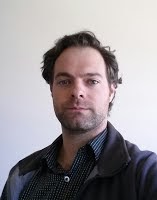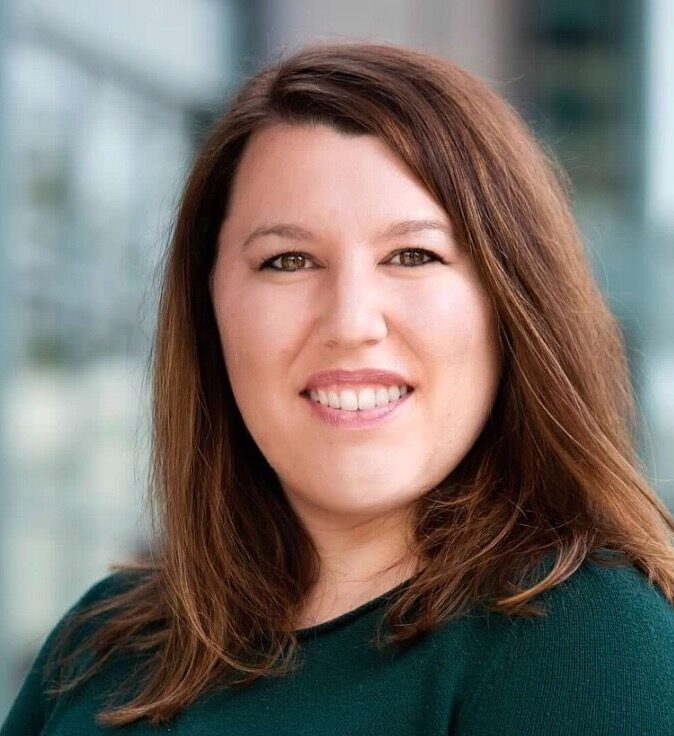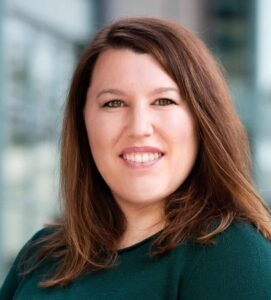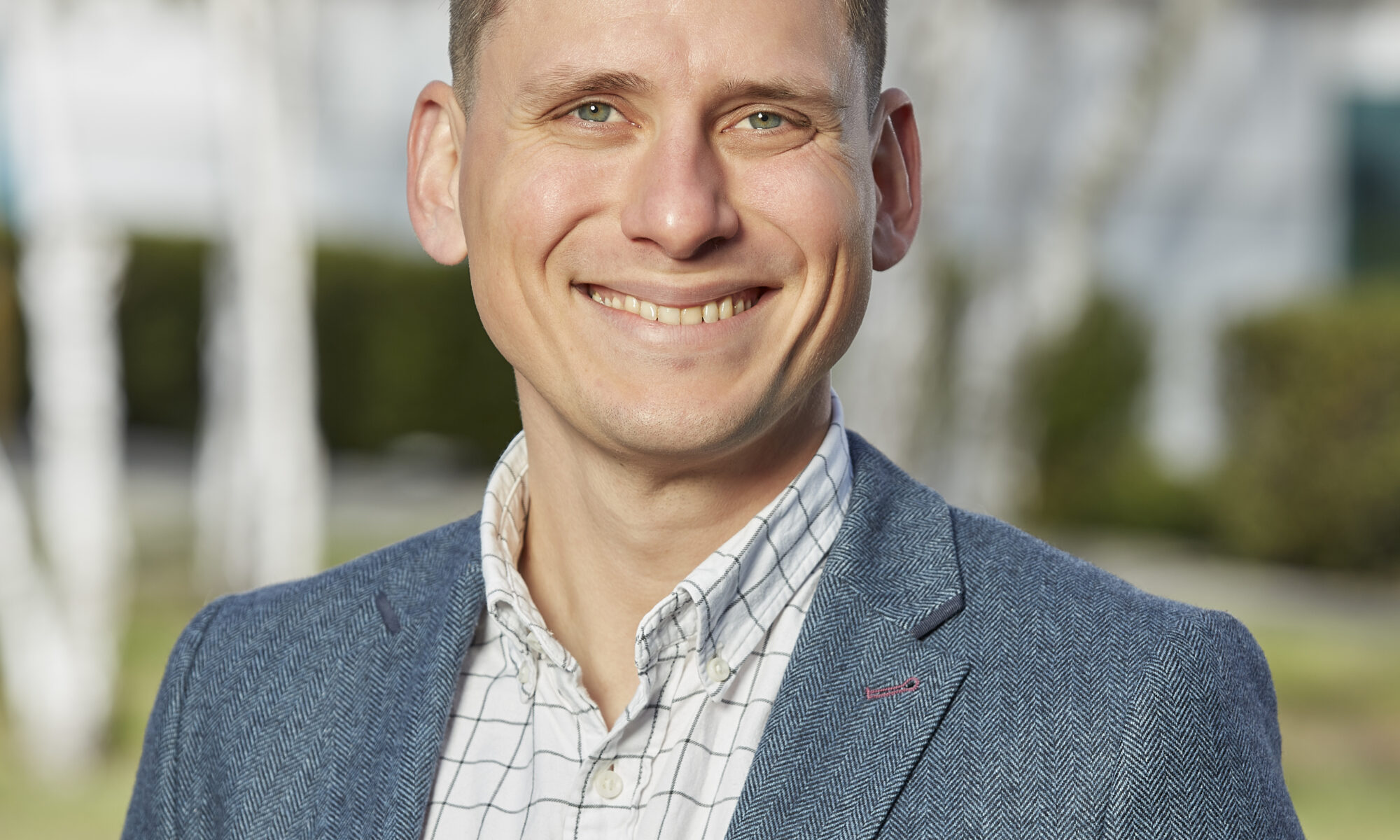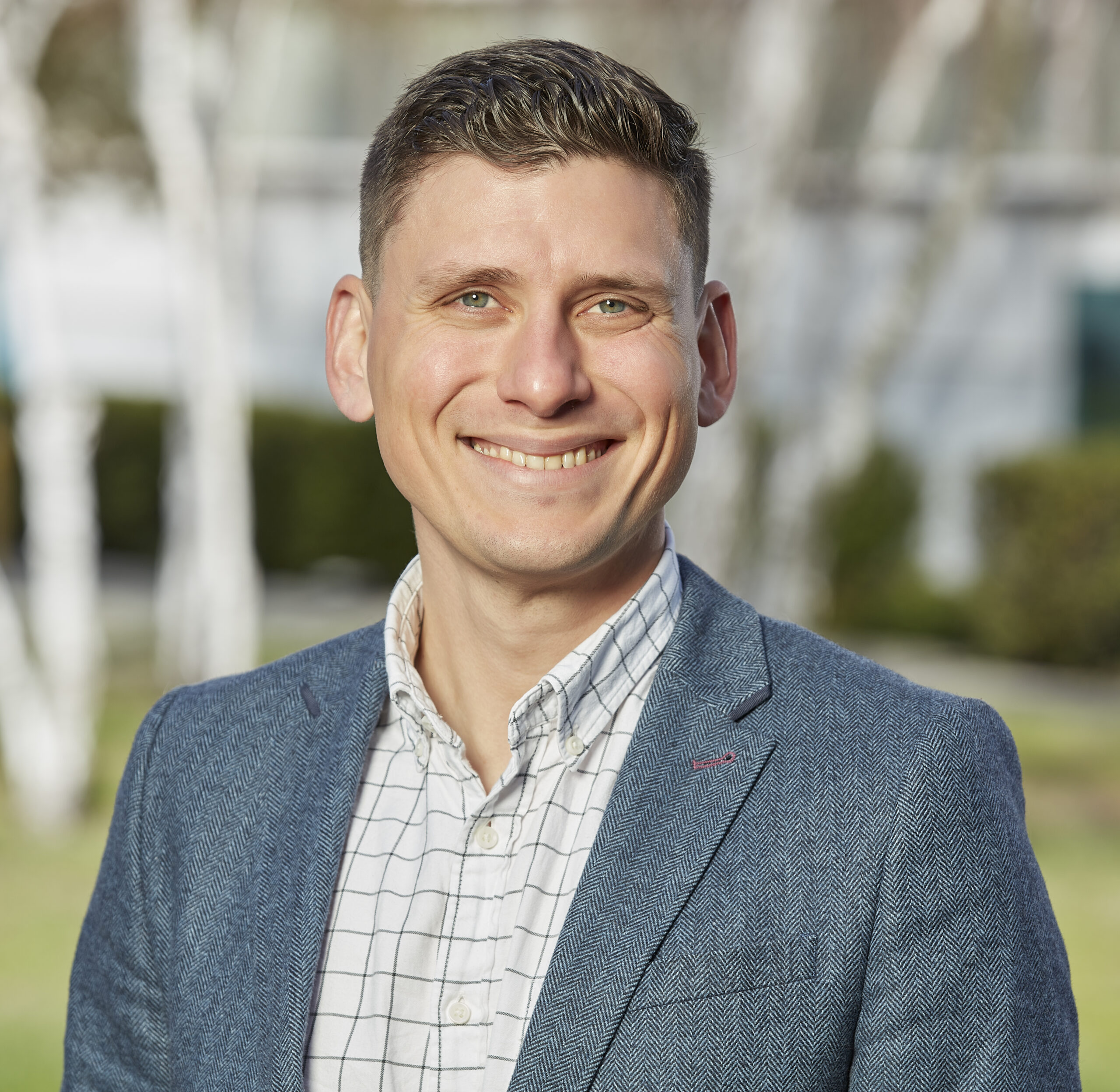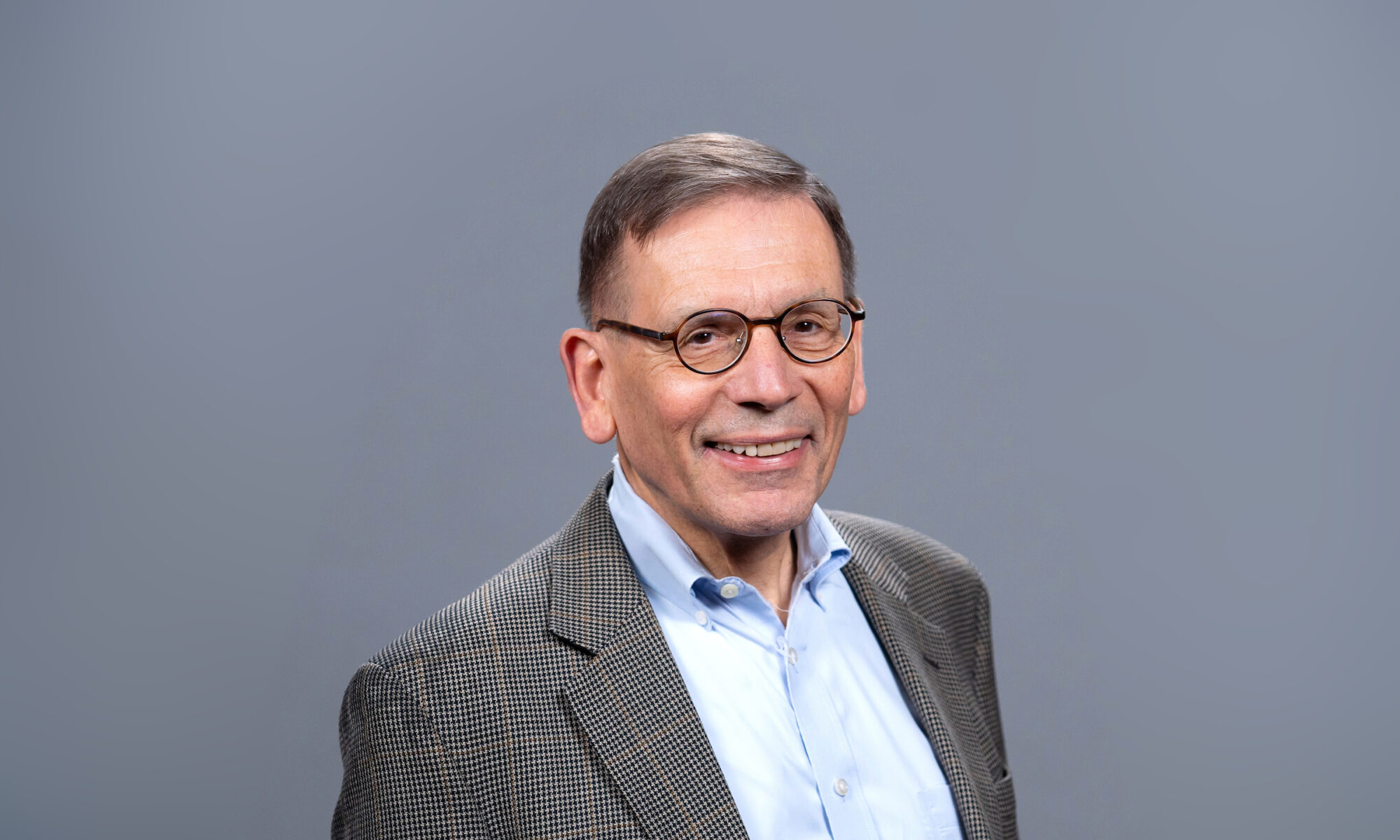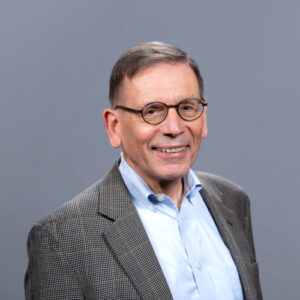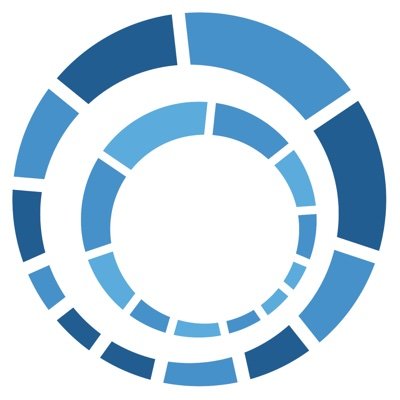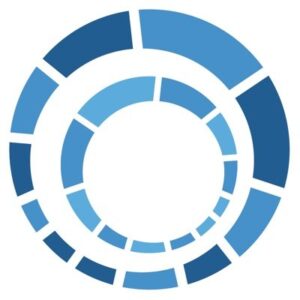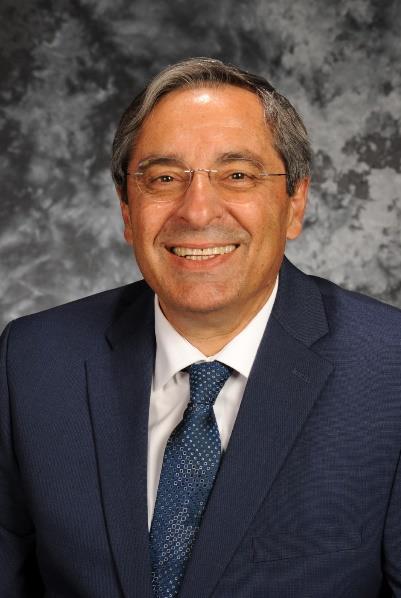
Abstract:
Dr. Youssef Ballout will discuss the historical evolution of reactor technology at the Idaho National Laboratory (INL). Dr. Ballout will also discuss the three microreactors under construction at INL. These microreactors are leading the path forward for allowing the advanced nuclear industry to bring the nuclear reactor technology necessary to fight climate change with energy produced with zero carbon emission. The construction of these reactors will also open the way for the supply chain industry needed by the reactor start up industry.
Bio:
Dr. Youssef Ballout is the Director of Idaho National Laboratory’s (INL’s) Reactor Systems Design & Analysis division. He joined INL in December 2018 as the manager of the Fuel Design and Development Department. Prior to INL, he was the President of Elysium Industries Limited where he was engaged in leading the design and development of a molten chloride salt fast reactor. He also spent twenty-six years at the Naval Nuclear Laboratory (NNL)/Knolls Atomic Power Laboratory where he worked on nuclear reactor design, reactor materials, reactor thermal hydraulics, and rector structural performance. During his career at NNL, Dr. Ballout also managed the Space Structural Materials group in collaboration with National Aeronautics and Space Administration (NASA) supporting the design and analysis of the reactor for nuclear propulsion in outer space to explore the icy moons of Jupiter as part of the Jupiter Icy Moon Orbiter (JIMO) project Prometheus. Over his career he worked on reactor design and reactor performance first as an experimentalist, then in modeling and simulation and often both at the same time. In addition to his technical contributions, Dr. Ballout spent many years in engineering and organizational leadership. Early in his career Dr. Ballout was a professor of engineering at the Virginia Military Institute (VMI) where he taught engineering materials, design, and programming. He began his university education in Limoges, France, and ultimately received B.S., M.S., and Ph.D. engineering degrees from Wichita State University, Kansas.

